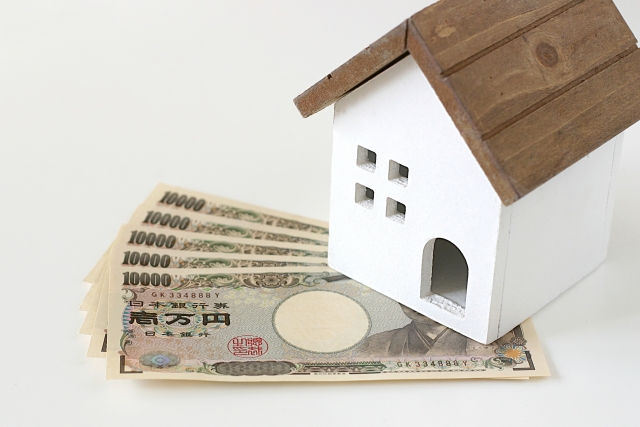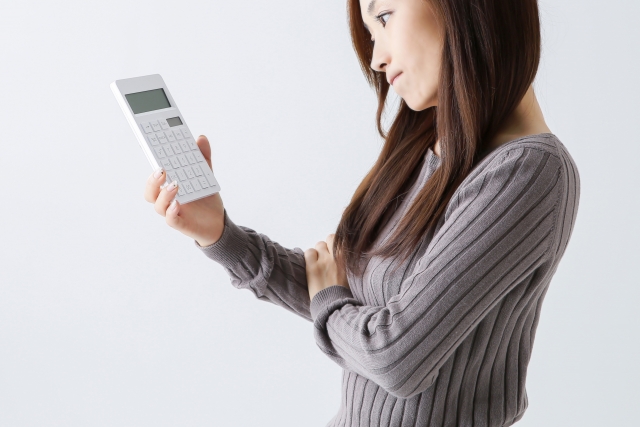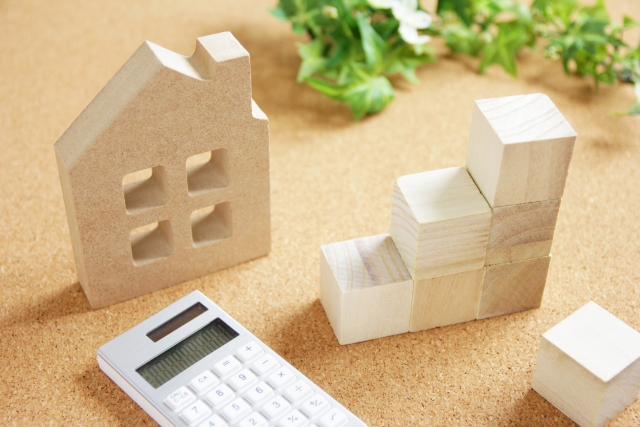Apartment Hunting Tips for Foreign Residents: Initial Apartment Costs in Japan
2020-12-16
Housing in Japan

When you sign a contract to rent an apartment in Japan, it is often the case that you need to pay for some initial, upfront costs. These initial costs can be broken down into several different fees, each with their own price, purpose, and payee. It is important to understand the fees involved so you can prepare the required amount and not pay more than is necessary. This article offers a comprehensive guide on the initial apartment costs for rent in Japan.

What is the Initial Cost?
The initial cost is composed of various fees you have to pay upfront upon signing the rental contract, and is separate from the monthly rent. You normally have to pay it before you can move in. The various fees can add up to quite a significant amount, so you need to be prepared to dole out some big cash.
Breakdown of Initial Costs
-
Security deposit (shikikin)
The security deposit is money entrusted to the landlord and is used to pay for cleaning/repairs or cover any unpaid rent when you vacate the property. Any remaining balance is returned to you. It is usually equivalent to 1 month’s rent. Some properties refer to it as a “cleaning fee” rather than a security deposit, in which case, it is usually cheaper than a month’s rent, but it is not refundable.
-
Key money (reikin)
Key money is a payment made to the landlord as gratitude for accepting your application. It is usually equivalent to 1 month’s rent, though there are regional variations in the amount and payment method. Unlike the security deposit, key money is considered a gift and is not refundable.
-
Advance rent
In most rental contracts in Japan, you have to pay the next month’s rent in advance. In the same way, you have to pay your first month’s rent upon signing the contract, even before you move in. If you move in during the middle of the month, the advance rent will be pro-rated on a daily basis.
-
Agency/Brokerage fee (chukai tesuryo)
This is a commission you pay to the real estate agency for their services, in case you used one to find a property and handle the application process. It is usually equivalent to 1 month’s rent plus consumption tax.
-
Property/Fire insurance
When you sign the contract, you are normally required to take out property/fire insurance that covers damage to the property in case you cause a fire, water leakage, etc. The fee and specific coverage depends on the insurance company and type of insurance, so you should check the details before signing the contract.

Rough Estimate of Initial Costs
As noted above, there are many different fees included in the initial apartment cost for rent in Japan. Depending the property, you may have to pay some additional fees that are not listed above.
In general, the initial cost amounts to approximately 4 to 5 times the monthly rent. The average monthly rent for a single person unit in the three major metropolitan areas of Japan (i.e. Tokyo, Nagoya, and Osaka) is 77,422 yen plus a common service fee of 4,472 yen. Using this average as an example, you can expect to pay around 390,000 yen for the initial cost of renting an apartment.
Properties that do not require key money
In recent years, the number of properties that do not require payment of key money is increasing. Many landlords have decided to forego key money to reduce the initial costs of moving into their property and thus attract more potential tenants. If you want to save on initial costs, you can try searching for “no key money” properties.

Ways to reduce the initial cost
The initial cost usually amounts to a significant sum, so renting an apartment can place a large financial burden on tenants. But there are a number of ways you can reduce the initial cost, such as the following:
-
Look for “no key money” or “no security deposit” properties
You can try searching for properties that do not require payment of key money or security deposit to significantly lower your initial cost. However, be aware that some of these properties charge an early termination fee if you move out after less than a year, so be sure to check the conditions of your contract.
-
Negotiate with the real estate agency
An old-fashioned way of reducing your expenses is to negotiate with the real estate agency. However, with the spread of the Internet and tenants becoming more knowledgeable about market prices, many properties already charge at or below the market rate, making it difficult to negotiate for even less.
-
Ask to pay in installments
While the total sum you pay remains the same, asking to pay the initial cost in installments can lessen the financial burden on you. If possible, pay with a credit card and split the cost over multiple months, so you can also gain reward points.
Other expenses aside from the initial cost
Aside from the initial cost described above, there are a number of other expenses involved in renting an apartment. Some of these include the moving costs and the purchase of new furniture and appliances. So you should keep in mind that moving and renting an apartment requires you to have a certain amount of funds.
Summary
In this article, we explained the initial costs involved in renting an apartment in Japan. This initial cost is inevitable and is part and parcel of tenant life. We hope this article serves as a useful reference to make your apartment hunting go more smoothly.

